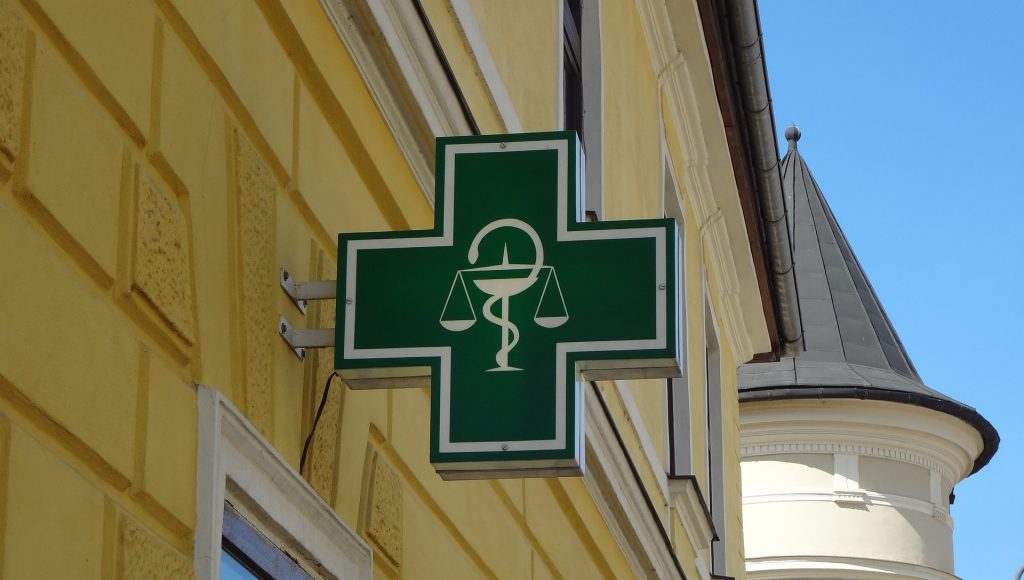
Colchicine for gout: Here you’ll discover the benefits and some disturbing issues surrounding the use of colchicine for gout.
Colchicine for Gout
What is Colchicine?
Colchicine is a medicine that has been used in the treatment of gout for many years. It is derived from the seeds of the autumn crocus plant, also known as meadow saffron. The plant’s use in the treatment of rheumatism and inflammation was recorded in Egypt as far back as 1500 BC.
As a drug, colchicine was first isolated in 1820 by two French chemists, Pelletier and Caventon. And in 2009 the Food and Drug Administration (FDA) gave approval for its use as a standalone drug in the treatment of gout in the United States. Before 1982 it had only been approved in combination with probenecid. Colchicine can only be obtained on prescription.
Why Colchicine and Not NSAIDs?
Nowadays, non-steroidal anti-inflammatory drugs (NSAIDs) are usually the first choice medicines to relieve the pain and inflammation of gout. They are available over-the-counter as well as on prescription. And for very many people they can be very effective. However, there are some people who cannot take them, or at the very least should get clearance from their doctor before taking them. For example people having:-
- known kidney or liver disease
- known allergies to certain medications
- stomach ulcers
- hypertension (high blood pressure)
- being pregnant
- certain heart conditions
- diabetes
- asthma
In the cases where NSAIDs are inappropriate then colchicine is often prescribed. And, of course, there may be situations where the gout attack is so severe that NSAIDs prove to be ineffective for those who are clear to take them. Where this is the case then colchicine may be prescribed.
How Colchicine Works for Gout
Colchicine does not reduce the actual uric acid levels present in the blood. There are other drugs that are prescribed for this, such as probenecid, allopurinol and the newer febuxostat. However, because a sudden change in uric acid levels can actually cause a gout attack or increase the severity of existing symptoms, colchicine may sometimes be prescribed at the same time as uric acid-reducing drugs.
Its main use is in treating the inflammation, swelling and associated pain of acute gout attacks and in the short-term prevention of gout. It does this by inhibiting the build-up of white blood cells in the areas of the body where uric acid crystals have formed.
To protect the area, your body’s own defence mechanism tries to swamp the crystals with white blood cells and pro-inflammatory enzymes and lactic acid are produced as a result. It’s these that give rise to the inflammation, swelling and pain of gout.
So by inhibiting this process you can reduce the pain, inflammation and swelling of a gout attack.
Side Effects
As with any drug there are side effects. However, one has to weigh-up the severity of the pain and disability of the actual gout attack against the severity of the side effects. Common side effects are:-
- nausea
- vomiting
- diarrhea
- bleeding in stomach
- rash
- anemia
- muscle weakness
- abdominal pain
- less urination than normal or not urinating at all
For a fuller list you need to talk to the pharmacist and carefully read the documentation that comes with the medicine. But please bear in mind that not everyone will suffer all of these. Some folks won’t suffer any. Others will suffer one or two maybe. Some may suffer more. Not only that, their severity will vary across individuals who have them.
That being said, if you experience any of the following when taking colchicine then call your doctor right away:-
- abdominal pain
- diarrhea
- unusual fatigue
- tingling in fingers or toes
- flu symptoms
- bleeding or bruising which is unusual or unexplained
- blood in stools
- bleeding from anus
- blood in urine
And, if you have any of the following you need to contact emergency services at once, as these could be the signs of very serious complications:-
- fever
- hives (red, itchy red welts on the skin)
- burning in the mouth and throat
- swelling on the face, neck, tongue, throat, lips
Dosage and Toxicity
As you’ve now seen above, colchicine is a very toxic drug which, if taken in too high doses, can cause serious complications, such as multiple organ failure and even death. So it is very important to follow the prescribed dosage very, very carefully. Generally speaking, this is between 2 and 4 tablets per day for most people. Tablets come in either 0.5mg and 0.6mg doses depending on which country you live in.
In addition, there are some drugs that may increase the toxicity of colchicine when taken at the same time. These are drugs such as:-
- immunosuppressants
- statins
- antibiotics
- anti-fungals
- antiretrovirals
- antiarrhythmics
- and even grapefruit juice!
So, you need to tell your doctor which medicines, etc., you are taking if they are considering prescribing colchicine for your gout.
On a final note; do not buy colchicine online or from any other source which is not approved by your country’s drug administration, e.g. the FDA in the United States. Only take the medicine that is prescribed for you by your doctor.
Who Should Not Take Colchicine
Clearly, you should not take colchicine if you’re allergic to it. But you must also inform your doctor if you suffer from any of the following:
- kidney disease
- liver disease
- heart disease
- intestinal disorder or bleeding
- stomach ulcer
- Crohn’s disease
- ulcerative colitis
Also, inform your doctor if you are pregnant, you intend to become pregnant during a proposed course of colchicine, or if you are breastfeeding. In addition to these issues there are certain drugs which can increase the toxicity of colchicine (see Dosage and Toxicity below). Your doctor will then make a determination of the most appropriate treatment in your case.



